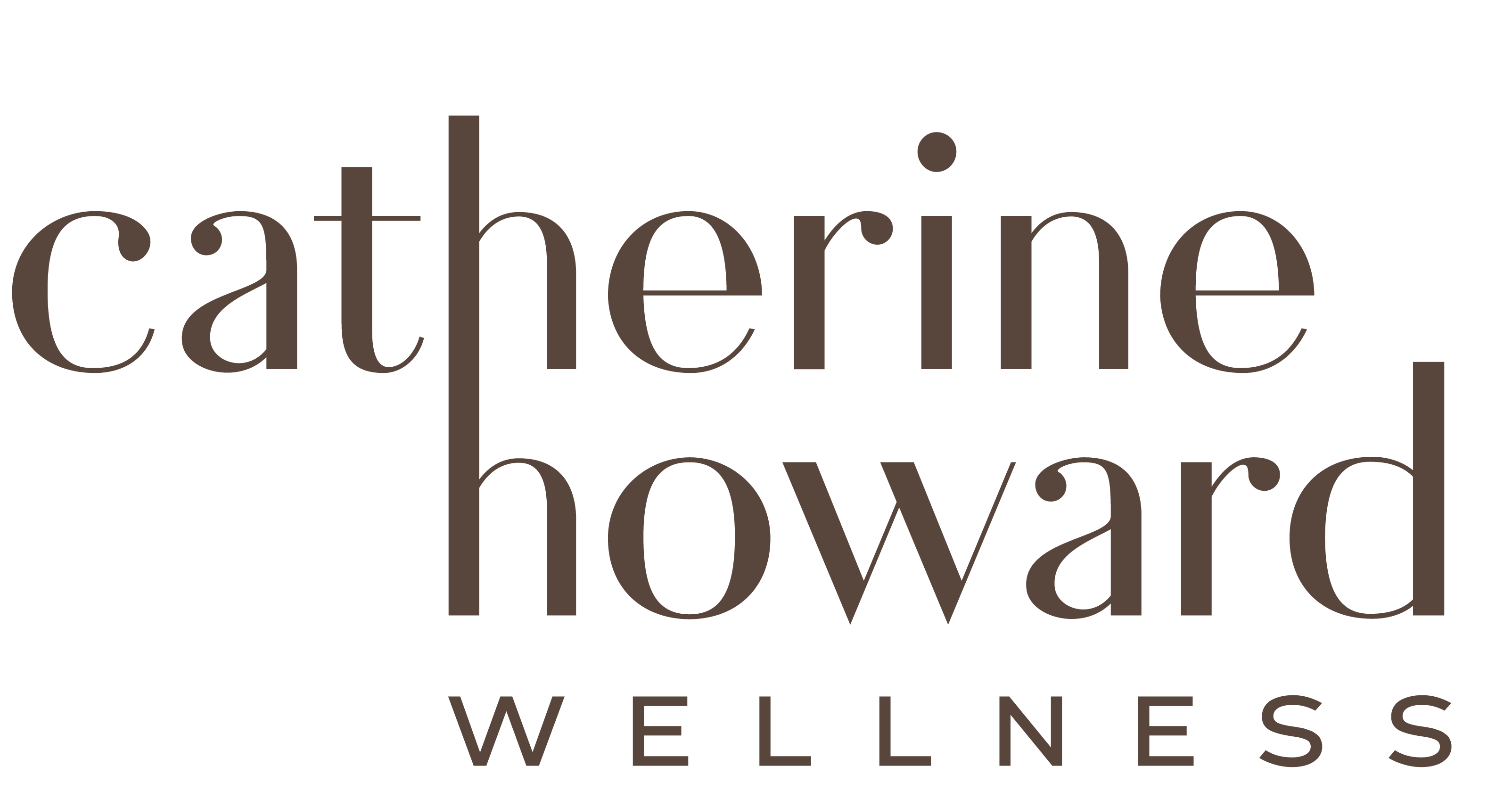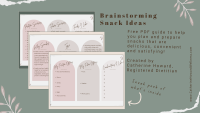What is a health coach?
Health coaching is a relatively new field that’s growing with innovations in telehealth and increased awareness of the benefits of health behavior change. As a registered dietitian health coach, I have academic and professional training that is rooted in evidence-based practices and individualizing how we approach that according to the needs of the participants I work with.
My mission is to empower people with the knowledge and the practice they need in order to develop skills and habits that are aligned with their long-term health and wellness goals. I’m passionate about this process of facilitating health behavior change because, in addition to helping people experience more of what they want and less of what they don’t want, it empowers people with the knowledge and skills they need to successfully continue making progress toward their goals even long after we’ve worked together.
Rather than selling a product or promoting unrealistic expectations of a drastic lifestyle change, I partner with participants who are motivated to make changes to their habits as they strive to improve their quality of life. I coach them as they develop systems which support health behavior change and aid in achieving their long-term health and wellness goals, which generally involves the following:
- Identifying and focusing on individualized goals
- Observing current habits to identify opportunities for making changes
- Collaborating on action plans
- Providing education as needed about health, diet, weight management, goal setting, action planning and more
- Frequently checking in to assess whether action plans are supporting goals and whether adjustments to either are indicated
“Recent evidence indicates that weight is not an accurate predictor of health outcomes but instead the habits a person engages in on a frequent and consistent basis are a better indication. There’s also evidence indicating that efforts to lose weight actually have the opposite effect; dieting promotes weight gain regardless of age, gender or athleticism.”
Some of the ways I help with health behavior change include working with participants to identify their personal motivators for change and the goals they are striving for. We discuss their preferences, medical history, lifestyle, and current habits and we work together to identify strategies they can experiment with as they strive for their health and wellness goals. I also support them in observing their habits without judgement in order to identify where they can experiment with doing things differently rather than imposing rules or restrictions. The information and guidance I provide is tailored to the participant’s interests and needs and I customize their program according to what’s most helpful for them. We check in to see how things are going and where adjustments can be made to ensure ongoing progress.
In short, I collaborate with participants to ensure they’re set up for success as they pursue habits which support health goals that are meaningful to them. Ultimately they develop skills for ongoing goal-setting, making small adjustments in their routine and engaging in empowered decision-making with skills that serve them long-term.
The complex nature of health, weight, habits, and where we get information about best practices
The combined factors of weight being irrationally used for developing standards related to healthcare and a cultural emphasis on weight as it relates to appearance leads to a significant pressure to achieve a certain weight. Add to this a number of challenges related to accessing evidence-based information about health and wellness and it’s no wonder that many people struggle to understand and apply recommendations and guidelines related to health and habits. Beyond de-emphasizing weight and accessing helpful recommendations, the process of behavior change and gradually working to establish habits which support health goals is not widely understood.
In healthcare, weight has been a singular area of focus for health improvement and as a result doctors frequently advise patients to ‘lose weight,’ but they generally are not trained in advising their patients on the behavior changes that might contribute to overall health improvements. Recent evidence indicates that weight is not an accurate predictor of health outcomes but instead the habits a person engages in on a frequent and consistent basis are a better indication. There’s also evidence indicating that efforts to lose weight actually have the opposite effect; dieting promotes weight gain regardless of age, gender or athleticism.
While there have been recent advancements in healthcare systems offering support and guidance for health behavior change, it will likely be a long time until weight is a more neutral topic in healthcare and general wellness. As such, the medical establishment and other outlets will likely continue to perpetuate people’s desire to “lose weight” as a means of protecting their health despite mounting evidence that changing lifestyle habits through health behavior change is a more effective approach. Furthermore, due to the difficult nature of changing habits and vetting information about health and lifestyle recommendations, health behavior change might be best facilitated in ways that allow qualified and credentialed healthcare practitioners to individualize health education, goal setting and action planning according to the needs of the participants they serve.
Because habits are established and reinforced in a multitude of ways, we rationally understand that the decision to do things differently to accomplish a goal is not enough to achieve successful outcomes, but so often people are advised to strive for certain outcomes or behavior changes without any additional information or support for changing habits which would contribute to overall health improvements. There are many considerations for effectively changing habits, and it’s common for people to attempt to change habits in ways that are not sustainable.
Rather than obtaining a set of guidelines or rules and attempting to adhere to them instantly, for example, it’s valuable to gradually adjust routines and practice getting consistent with doing things differently in order to help ensure long-term maintenance of new routines. It’s also important to anticipate times when new routines will be more difficult to adhere to or when they won’t be practiced at all. Practicing making one decision at a time in pursuit of habits which support health goals instead of trying to set rules and adhere to them helps with also practicing flexibility in decision-making and developing resilience in the face of challenges which will inevitably arise.
In addition to these points about the importance of focusing on habits and effective change, it’s worth addressing the availability of information related to health and wellness which can contribute to misunderstanding or attempts to make changes that are not sustainable. Generally, this type of information falls into one or a few of the following categories:
- evidence-based guidelines without practical considerations for implementation (example: a hand-out from a doctor’s office about foods to eat/foods to avoid)
- rules or restrictions which might be short-lived but potentially harmful mentally, emotionally, and/or physically (examples: fad diets, extreme workout programs, very-low calorie diets)
- products or programs for purchase without practical considerations for long-term sustainability (examples: supplements, bootcamps, activity challenges)
Practical application
If you’re interested in learning more about how to work toward your health goals, I suggest checking reputable sources (examples provided in the links at the end of this post) and staying skeptical about new or sensationalized health or wellness recommendations. Now that you know more about what a health coach is, I hope you’ll consider working with a trained and credentialed professional if you’re finding it challenging to achieve your health goals. Here are a few questions to consider when determining whether information or a health coach will support your wellness:
- “Is the person delivering this message promising results or transformations as a result of following these recommendations?” If so, they might be seeking to make money as a result of the decision to follow their advice. This might indicate that they are persuading the audience to take action which is in their own best interest.
- “Is this a new recommendation? How much is known about the effects of following this recommendation?” If it hasn’t been observed or tested very much, there’s a chance that following these recommendations could have a negative effect.
- “Is this something I could see myself doing long-term?” If not, any benefit of following the recommendation will likely end when I stop following it.
- “Is this right for me, personally? How does this connect with my long-term goals? Does this help make my life more simple and easy or does it make my life more difficult? Does it fit within my budget and time constraints?”
READY TO GET STARTED?
Book A Free Discovery Call
Are you ready to stress less while you make progress toward your health goals with evidence-based strategies and support from a coach? Book a discovery call today and let’s see if we’re a match to work together.
Additional Information
Links to resources below are encouraged for review with caution; these sites do not necessarily include weight-neutral approaches to health and wellness (aside from Intuitive Eating). The guidelines discussed here are well-researched and updated as new information is available, but individuals are responsible for interpreting these guidelines as they relate to their personal health history and goals.
- Harvard T.H. Chan School of Public Health
- Cleveland Clinic Health Education Resources
- CDC.org Health Education Resources
- NIDDK.NIH.gov Health Education Resources (Note: resources here are oriented toward individuals managing chronic conditions, especially diabetes and kidney disease)
- 10 Principles of Intuitive Eating (Evidence-based weight-neutral guidelines for approaching long-term health and wellness. I highly recommend the book Intuitive Eating, which is available for purchase at this link.)
image credit: Calendar vector created by stories – www.freepik.com






0 Comments